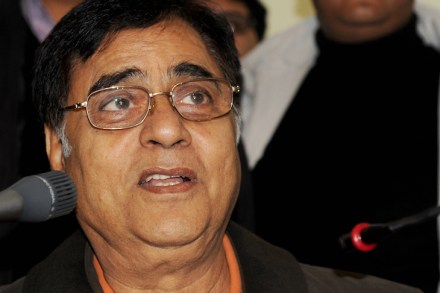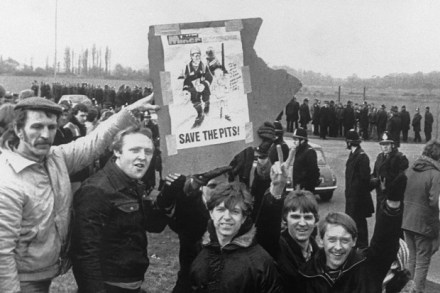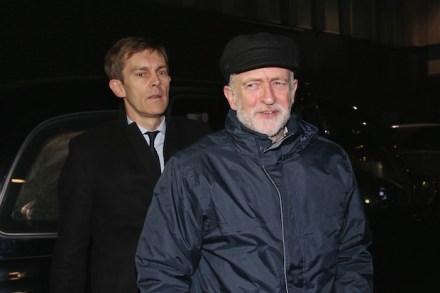Watch: Paul Mason says Kim Jong-un has ‘done the world a favour’
Oh dear. With North Korea threatening to detonate a nuclear bomb in the Pacific Ocean, world leaders are left scratching their heads over what to do about the rogue state’s penchant for nuclear weapons. But has North Korea actually just done the world a favour by threatening to bomb Japan, South Korea and the US? That’s the claim Paul Mason tried to peddle on last night’s episode of Question Time. The journalist-turned-left-wing-revolutionary argued that Kim Jong-un has ‘done the world a favour’ by putting Donald Trump ‘on the back foot’ through his nuclear game plan: ‘In a way, Kim Jong-Un has done – only in this metaphorical way – the world




















